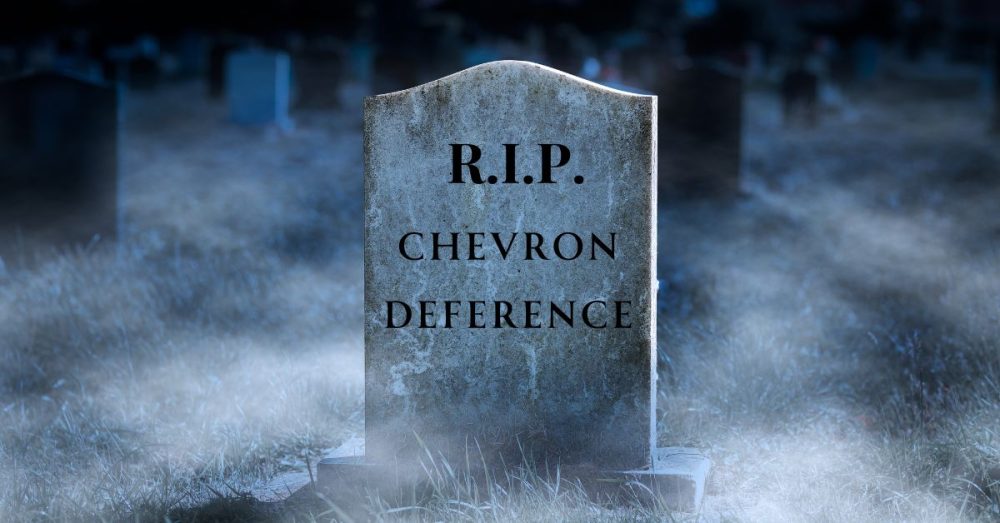The Supreme Court dealt an opening salvo against the administrative state and federal overreach in its recent overturning of the Chevron deference doctrine, a 40-year-old legal precedent that served as a bulwark of bureaucratic power.
As previously relayed by The Dallas Express, it was a case involving fishermen from New England that resulted in a 6-3 decision to upend the entrenched authority of unelected officials in the various departments of the swollen federal government.
The Chevron deference doctrine stemmed from a 1984 decision by the high court that declared courts should defer to the reasonable statutory interpretations of administrative bodies unless Congress has explicitly spoken to the issue in question.
Proponents of the doctrine claim it enables federal agencies to utilize the knowledge and advice of experts in their service, which the courts allegedly lack.
Opponents, on the other hand, have seen it as a mechanism by which bureaucrats can exercise unaccountable authority over private citizens and businesses and even weaponize their power for political reasons.
One such opponent is Amy Edmonds, a former Wyoming state legislator from Cheyenne, who reflected on the Supreme Court’s recent ruling in an op-ed published by the Wyoming Tribune Eagle. Here is some of what she wrote:
Gov. Mark Gordon was right to applaud the recent U.S. Supreme Court decision that hammered the final nail in the coffin of what was known as the “Chevron deference.” For states and their rights to govern closest to the people, it is indeed a victory.
“Chevron deference,” coined from a 1984 Supreme Court decision, had already suffered several legal blows in the past decade, but its final death last week should be seen as a necessary win in the battle to strengthen our country’s sacred separation of powers, a vital component to the system of government our Framers created.
And it’s a victory for those who believe Congress needs to wake up and start doing its job properly, while the executive branch needs to follow laws judiciously, regardless of who’s in the White House. This 40-year-old idea of punting to unelected officials in federal agencies has created four decades of enforcing far too many incorrect interpretations, giving agencies unimaginable powers to create ossified rules with no accountability to the people ruled by them. That is now gone for good.
Gordon said in a statement last week, “For years, unelected bureaucrats running federal agencies in Washington, D.C., have used ‘deference’ as an excuse to target certain industries based on politics. Wyoming has experienced that firsthand. Limiting their power to overreach is cause for celebration, and this ruling begins that process.”
Under Chevron, where laws, as (poorly) written by Congress, were vague or ambiguous, the 1984 ruling set up a two-step process for papering over the murky depths. “Is Congress’ intent clear? If not, is the executive interpretation reasonable?” These were the questions asked and answered under Chevron. “Reasonable” became the only standard.
So, any “reasonable” interpretation of murky congressional law was cleared up by agency rulemaking — and not by congressional or judiciary action. And that was that. Those harmed by the “reasonable” interpretation in Washington had little recourse going forward. Not a great way to govern.


